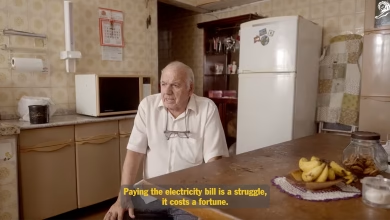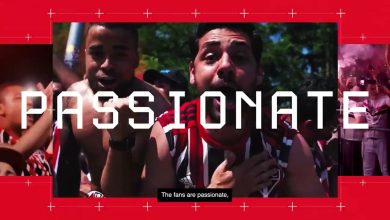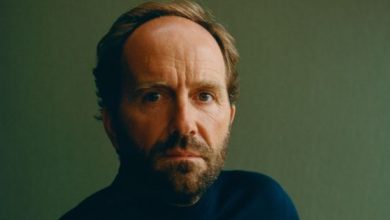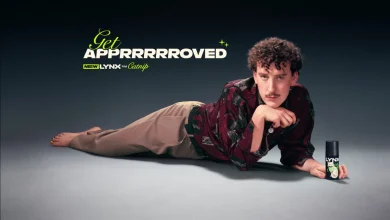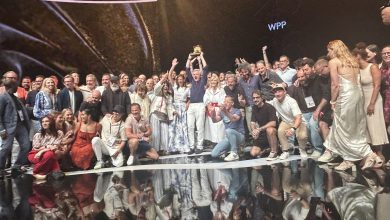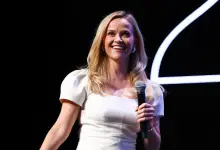Jane Austin: spare a thought for the overlooked indies at Cannes
Along with the usual hype and excitement that normally is the preserve of a toddler who has had all the red Smarties and Red Bull, there’s been a whiff of open hostility, triggered by insecurity, in the air this year.
In case you hadn’t noticed, all is not well in the world of advertising. There’s the looming existential threat from AI; the public feuding between WPP and Publicis over ad inventory quality; increased budget-tightening; the tech world’s disturbing lurch to the extreme right; and of course the all-out attack on DEI.
Also, as key issues for brands go, sustainability hasn’t proved to be, well, sustainable. You’ve guessed it, this year no one’s even pretending to care about anything other than making money.
All of which makes us nostalgic for the time when Cannes was just about a bunch of creatives slapping each other on the back while shouting “Whoa, great door drop”. With the big tech players and the global networks sucking up so much of the airtime in recent years, it’s become a decidedly different state of affairs.
Spare a thought then for the smaller indie agencies at Cannes this year who can’t afford a hunk of beach or a big billboard on the Croisette. To steal some of the spotlight, they’re left with few options beyond winning a Grand Prix or scaling the Palais in dog costumes, like Greenpeace did a few years back.
The irony is that if a creative renaissance is going to come from anywhere in the industry, it will be from the overlooked independents. That’s the view of Ad Age columnist MT Fletcher, who notes that the sidelining of creativity by the big corporates has led to “a counterrevolution of independent agencies founded by senior talent who got kicked to the curb by big network overlords”.
Industry headhunter Helen Kimber, founder of Creative Connections, is in full agreement, saying: “Indies are firmly back at top of the talent bucket list because they offer creative freedom, a culture-first approach and innovative commercial models. Creativity is taking centre stage once again, from the established players like Mischief, Mother, Pablo, Common Interest through to ones to watch, such as Ace of Hearts (below) and Studio.One.”
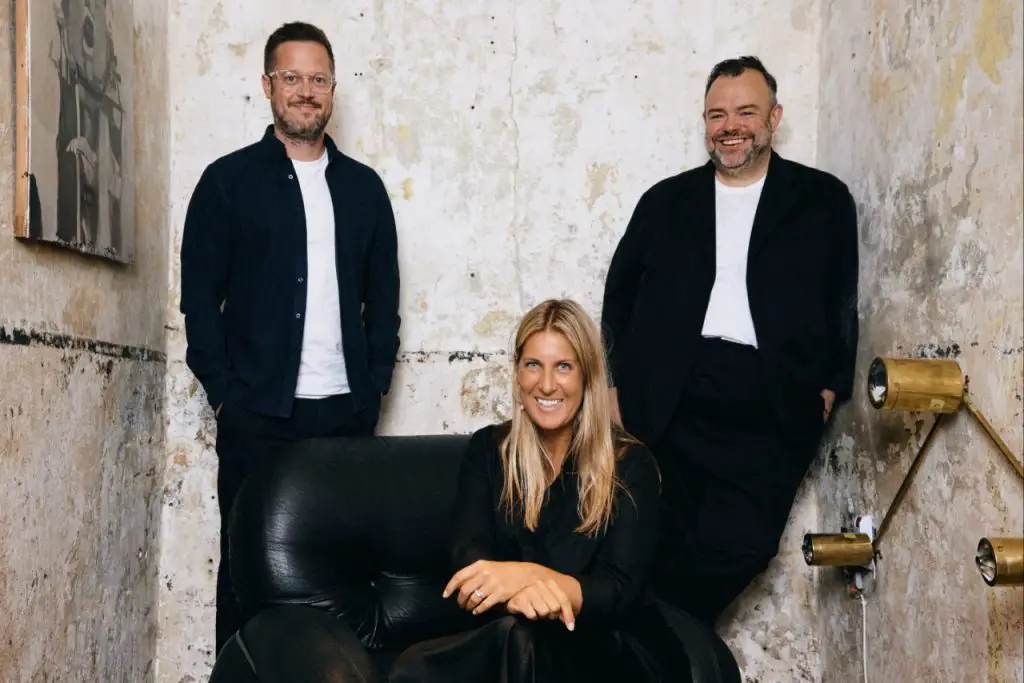
Indies may have to be more strategic when it comes to networking at Cannes, but, as arguably the last bastion for creativity, their presence at the festival is more important than ever.
“Cannes is a really different experience for independent agencies,” says Alicia Iveson, co-founder and CEO, at indie agency Hijinks. “There’s no giant beach, organising committee and automatic ‘in’ with the festival. But that doesn’t mean that it isn’t worth going anyway and doing things in your own way, without the grotesque expenditure.”
With AI taking over and the global economy headed for the dumpster, it’s hard to see anyone in advertising emerging victorious in the coming years. But, come the revolution, we’d like to think that it’s the small indies that will win big.
AI gets legal…
For the last few years AI has been the focus of conversation and presentation at Cannes. This year is no different, but as the technologies settle in with AdLand entities, the chatter is more about the specifics and less about the broad sweeps of love and hate.
The industry shift to the French Riviera takes place against a backdrop of interesting legal cases. Disney and Universal have joined forces to sue Midjourney, alleging that the latter has been “generating endless unauthorised copies” of their IP. Meanwhile, Getty is taking on Stability AI, also around copyright infringement in relation to image generation model training – a claim that Stability has denied.
Industry experts have mixed opinions about the use of these technologies, from expectations of greater efficiency, agentic commerce and how they feel AI can elevate human potential.
Human creativity did take takes centre stage (almost literally) as Apple’s Tor Myhren made the case for people to still be included and for human imagination to underpin great work.
Big names are announcing their shiny new AI tools including Mars,Amazon, Adobe and Pinterest. Adobe has been rated the cleaner name in the AI game, using its own data to train models rather than raiding the internet or scraping third party IP via other means. This move has granted the company some reputation points for now.
Either way, the impact on the industry continues and while we wait to see how the outcomes of the legal cases alter some use case scenarios and highlight the question of IP, it’s clear that those who are using AI in some form or another are more qualified to steer the conversation than those who hesitate at the gates.
 Jane Austin is the founder and owner of Persuasion Communications.
Jane Austin is the founder and owner of Persuasion Communications.

